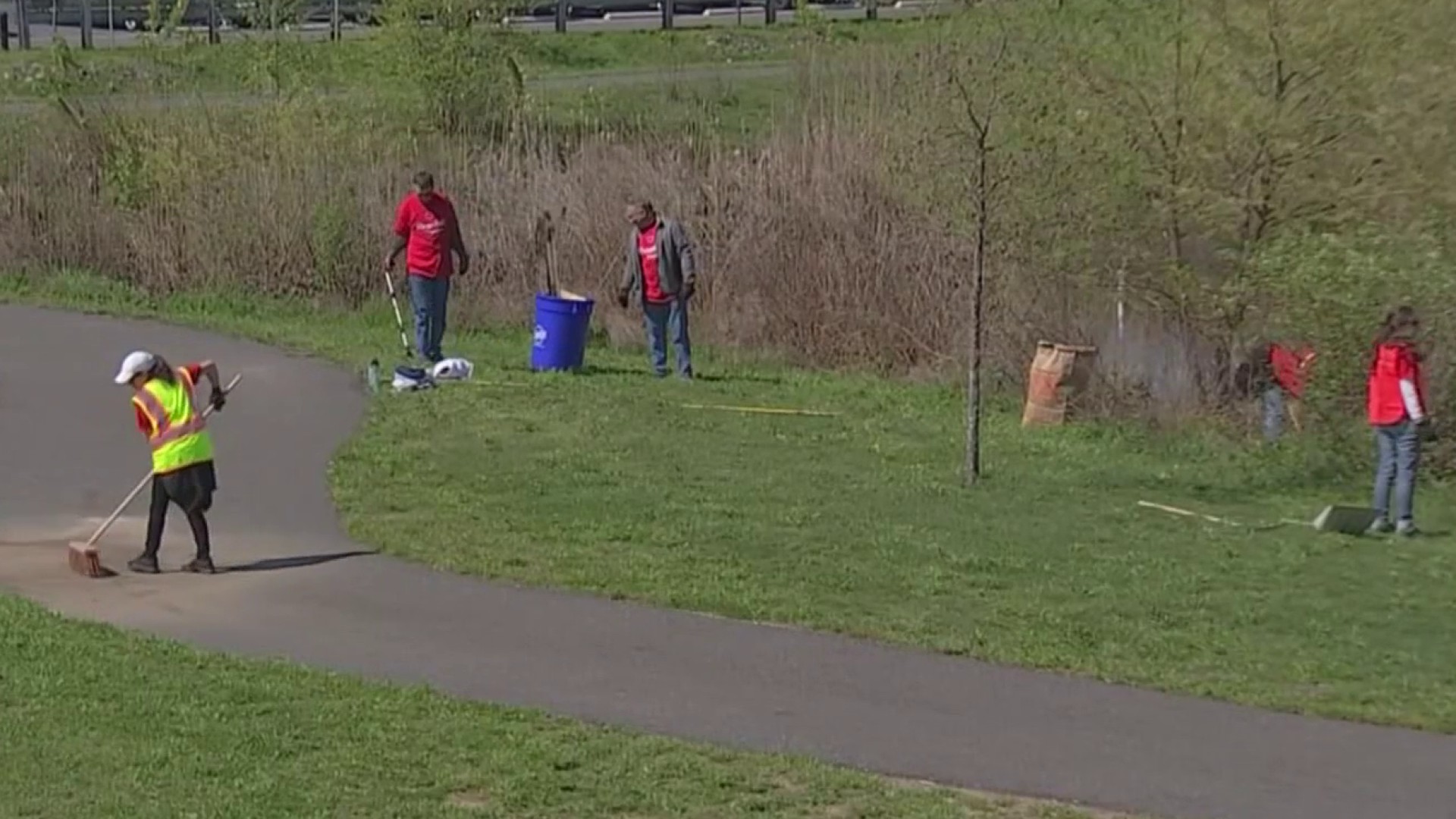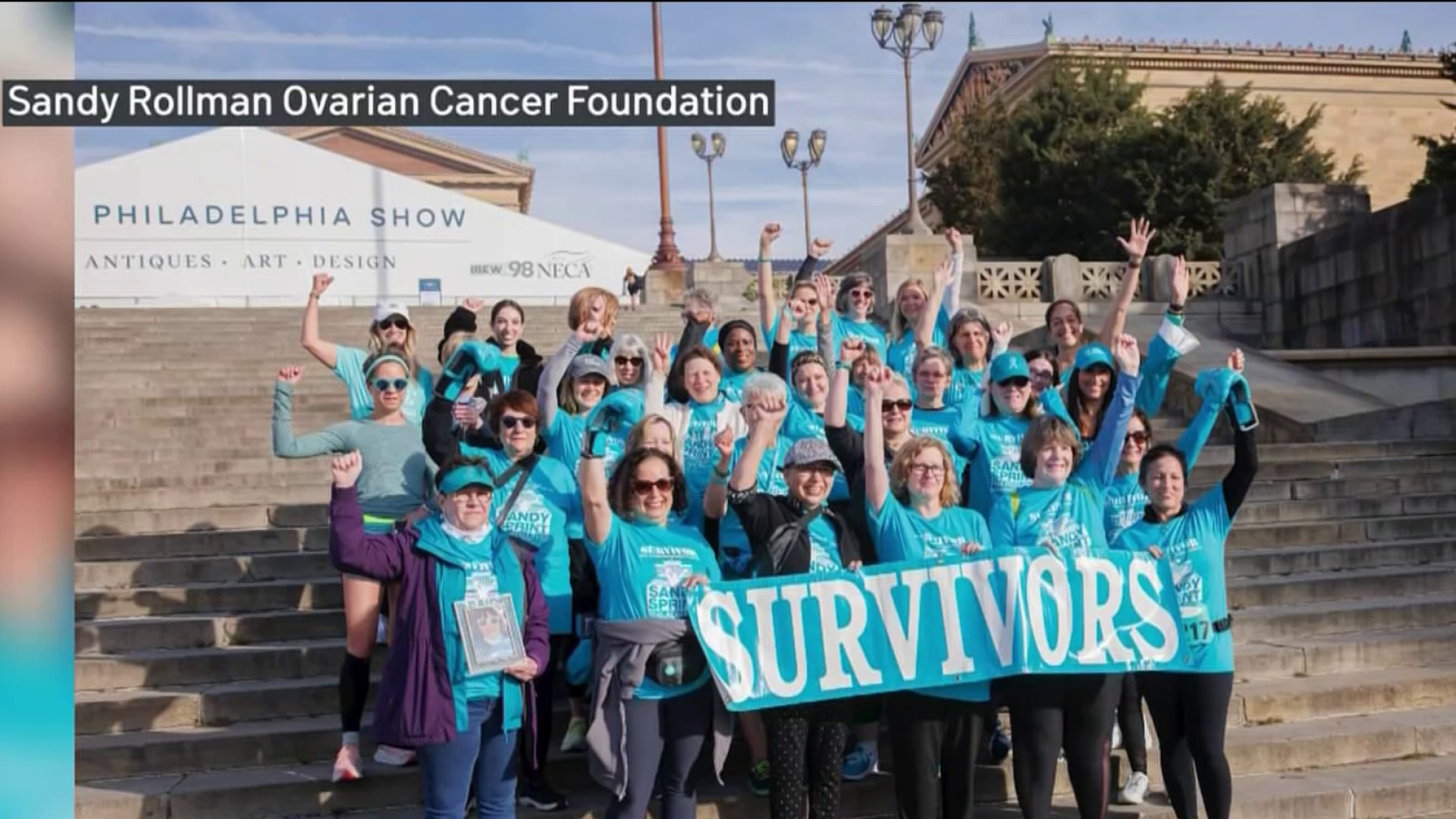New Jersey Commissioner of Environmental Protection Shawn M. LaTourette issued a statewide drought watch Tuesday as oppressive heat continues to scorch the Garden State.
The Murphy administration is now calling on residents and businesses to limit water use as dry and hot conditions stress water supply in the state.
Voluntary water conservation practices during the watch can help avoid more serious and restrictive drought conditions later on, the NJDEP said.
“Stream flow and groundwater levels are falling below normal for most of the state and some reservoirs are showing steep rates of decline as hot and dry conditions continue,” LaTourette said in a statement.
Get Philly local news, weather forecasts, sports and entertainment stories to your inbox. Sign up for NBC Philadelphia newsletters.
“While water conservation is always important, it becomes critical during prolonged dry and hot periods like New Jersey has been experiencing. If residents and businesses do all they can to reduce water demand, together we can ensure ample supplies in the coming weeks and months.”
The NJDEP says it is continuing to closely monitor drought indicators like precipitation, stream flows, reservoir levels, groundwater levels and water demand. The agency said in a statement that it will inform the public, local governments, and water systems of future steps needed to stop more severe conditions.
A drought watch declaration is the first tier in the Garden State’s three-stage drought warning system. A drought watch intends to spread public awareness of the stress on water supply and signals the need for voluntary water conservation measures, the NJDEP said.
Local
Breaking news and the stories that matter to your neighborhood.
To help conserve water, the NJDEP recommends reducing watering of lawns and landscaping, reducing the washing of vehicles and cutting back “nonessential” activities such as hosing off driveways and sidewalks. The agency also recommends only watering plants when needed, avoiding toys with water streams and covering pools when not in use.
“At this time of year, more than 30 percent of water demand in suburban areas is for outdoor purposes, much of which can be reduced or avoided,” the NJDEP said.
But the effects of the sizzling heat could extend well past residences -- all the way to the grocery store.
NBC10’s Danny Freeman spoke to farmers at Blueberry Bill Farms in Hammonton, N.J., who say that the farm switched eight years ago from wasteful sprinklers to a drip irrigation system, which the state recommends to conserve water.
The farmers added that they work hard to not pass along costs to consumers, but because there’s no rain, they have spent three times the normal amount of money of fuel aone to keep the irrigation engines running.
“Every year we have rain,” farmer Jose Ruiz told NBC10. “But this year … I don’t know why we don’t have any rain. We have no more rain.”



